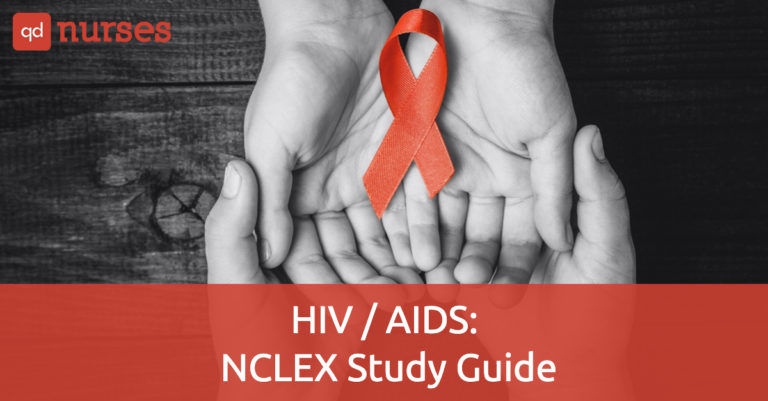
Nursing Review: Learn More About the 3 Stages of HIV Infection
HIV (Human Immunodeficiency Virus), is a virus that strikes mainly the CD4 and T cells of the body. If left untreated, it will progress
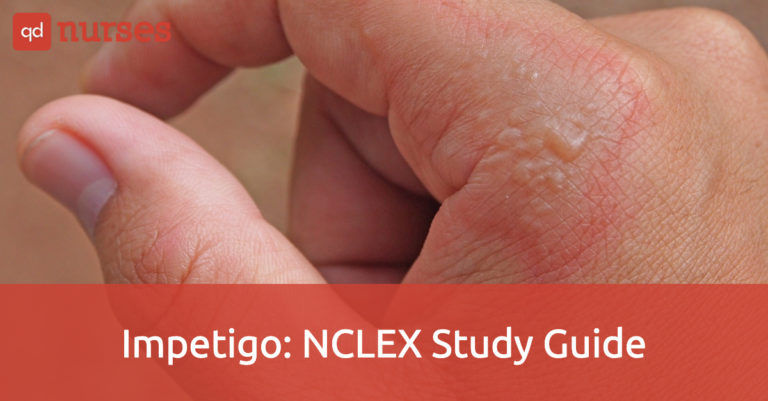
Nursing Review: Learn More about the 6 Known Risk Factors of Impetigo
Impetigo is a type of bacterial infection on the skin. It is common to children. The infection is caused by two bacteria: Group A

Tetralogy of Fallot
Tetralogy of Fallot is a congenital heart defect that involves the following 4 chambers of the heart and the vessels of the heart. Ventricle
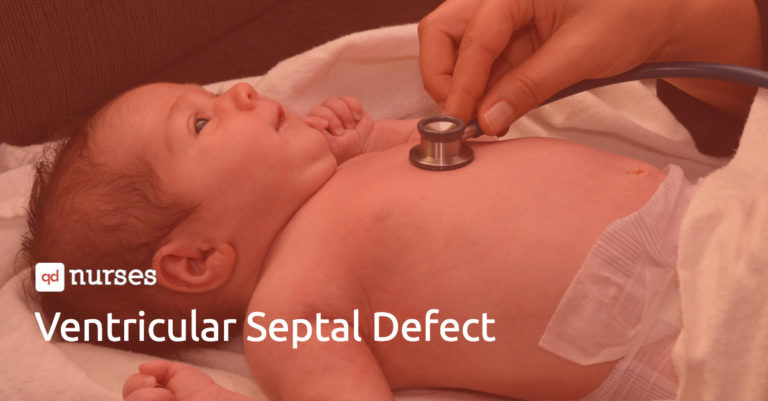
Ventricular Septal Defect
Ventricular Septal Defect is a congenital heart anomaly characterized by a hole in the wall (or septum) separating the lower chambers of the heart

Atrial Septal Defect
Atrial septal defect is a congenital heart defect characterized by a hole in the wall (or the septum) of the left and right atrium.
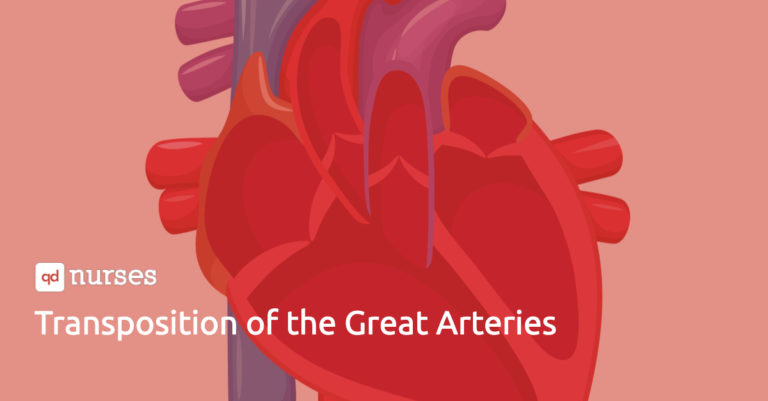
Transposition of the Great Arteries
What is TGA or transposition of the great arteries? It’s a congenital heart defect that occurs when the positions of the pulmonary artery and

Nursing Review: The 4 Common Triggers of Autonomic Dysreflexia
What is Autonomic Dysreflexia? Autonomic dysreflexia is a serious medical diagnosis that requires immediate treatment. This condition is common in patients with spinal cord

Nursing Review: 6 Most Common Reasons Why Osteoporosis Develops
Our bones play a crucial role in our body, they protect and support our internal organs and give the body shape. When bones do
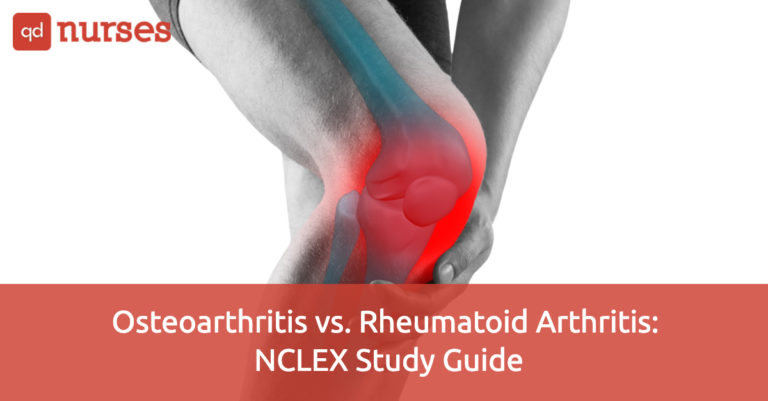
NCLEX Review: Osteoarthritis & Rheumatoid Arthritis—3 Main Differences
In this NCLEX study guide, you will learn about the difference between Osteoarthritis and Rheumatoid Arthritis. Osteoarthritis It is a degenerative condition of the
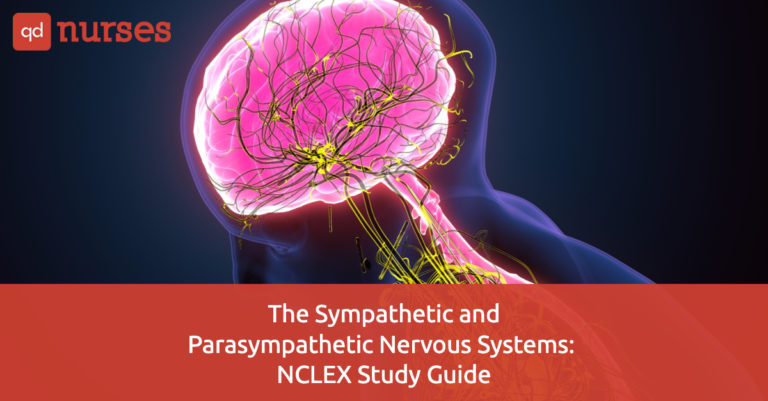
The Sympathetic and Parasympathetic Nervous Systems: NCLEX Study Guide
Our nervous system mainly consists of the peripheral and central nervous systems. It is considered one of the most complex systems in our body.
